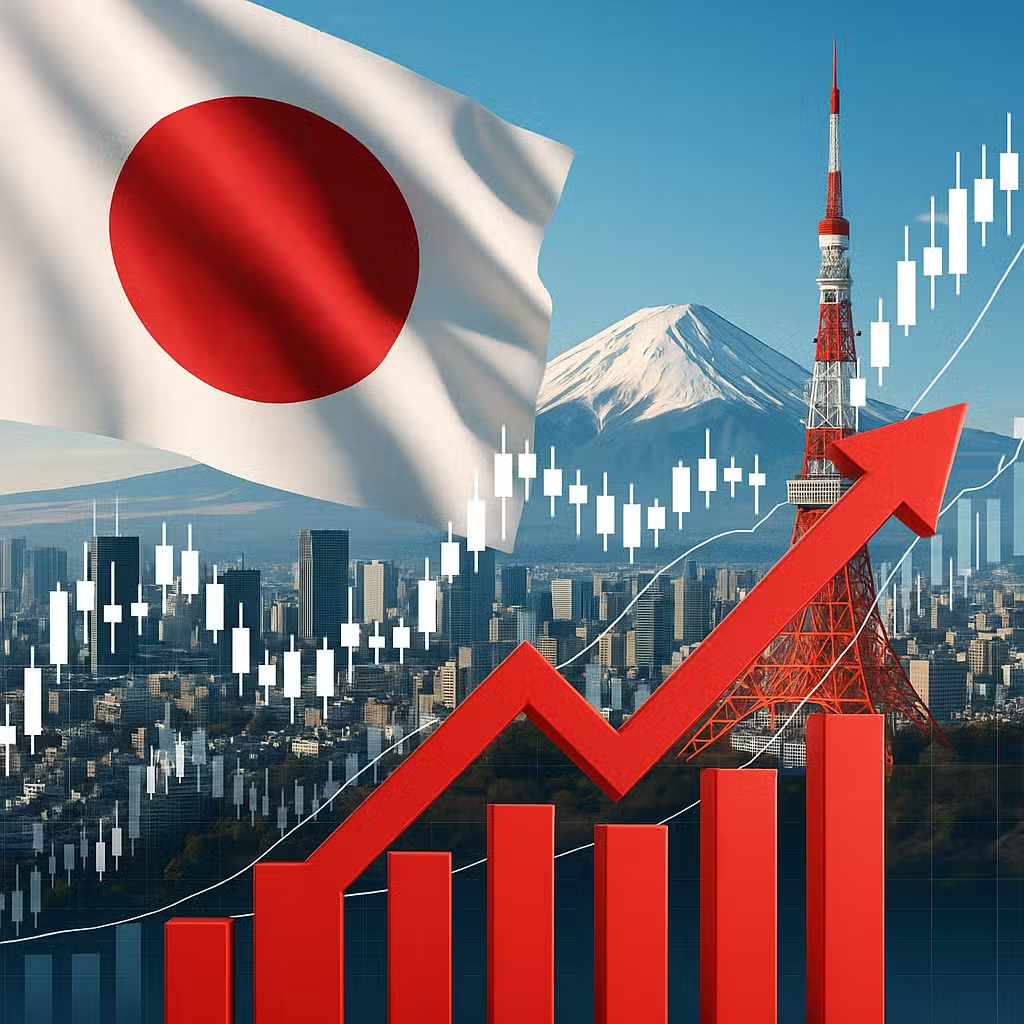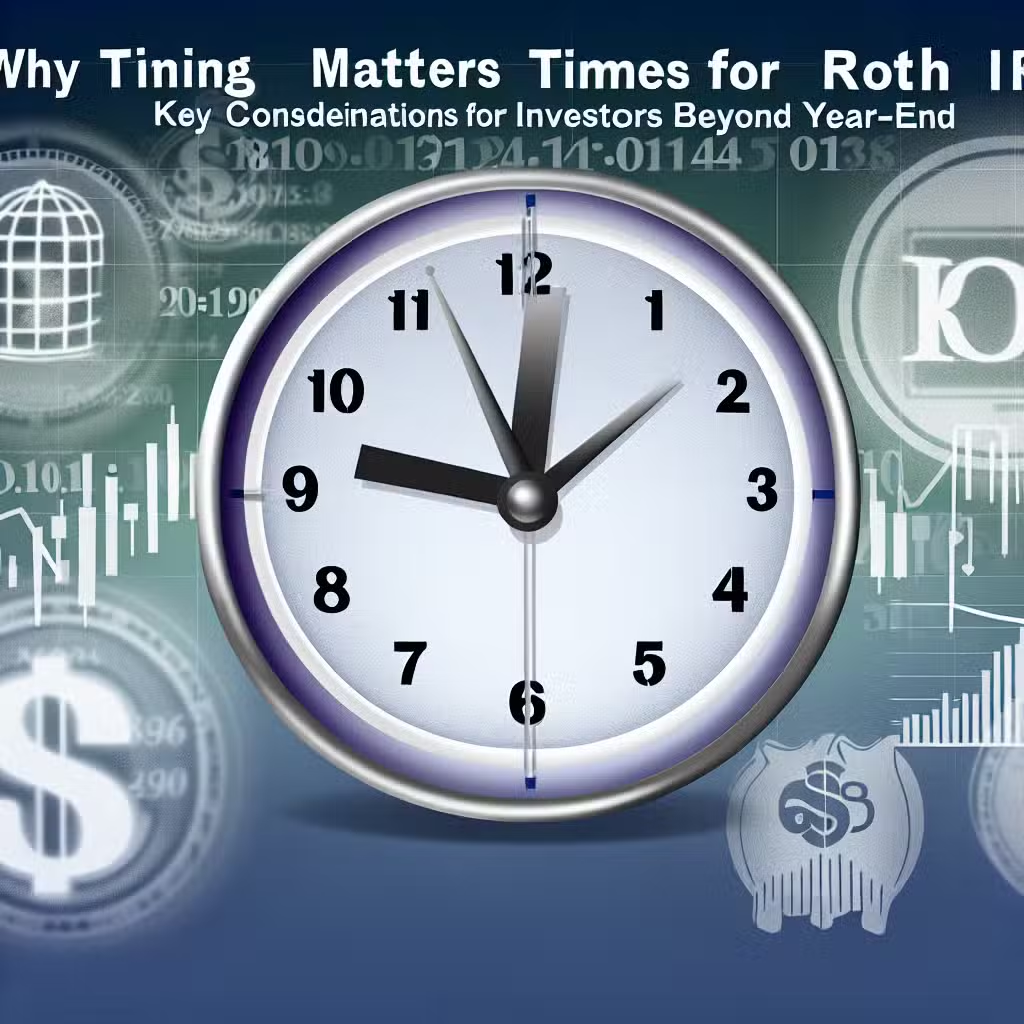Japan’s Stock Rally Signals New Opportunities for Investors Seeking Growth in Asian Markets
Imagine Japan’s stock market is like a train that’s been stuck at the station for years—now, it’s suddenly picking up speed, and investors around the world are jumping on board. Here’s why this matters for your investments, and how you can catch a ride.
What’s Happening in Japan?
Japan’s main stock index, the Nikkei 225, just hit a record high after the country’s ruling party chose Sanae Takaichi as its new leader. She’s expected to become Japan’s first female prime minister. Investors are excited because they believe she’ll keep Japan’s economy on track with more government spending and steady support from the country’s central bank.
This news sent Japanese stocks soaring—especially companies in real estate, technology, and consumer goods. The Nikkei 225 is up over 20% so far this year, beating both the S&P 500 and Europe’s Stoxx 600. That’s a big deal, since Japan’s market was stuck in a rut for decades.
Why Should Investors Care?
For a long time, Japan was known for slow growth and low returns. But things have changed. Companies are now sharing more profits with investors and making their businesses stronger. This has made Japan one of the most attractive places to invest among developed countries.
Legendary investor Warren Buffett noticed this, too. A few years ago, his company, Berkshire Hathaway, bought big stakes in five major Japanese trading companies. Since then, those stocks have more than tripled in value, with the best one going up over 500% (JPMorgan).
Bull Case: Reasons to Be Excited
- Strong Leadership: New political leadership is expected to keep the economy growing with more spending and stable policies.
- Corporate Changes: Japanese companies are now more focused on making money for their investors.
- Global Attention: Big names like Warren Buffett are betting on Japan, boosting confidence in the market.
- Outperformance: The Nikkei 225 is up over 20% this year, outpacing many other major indices.
Bear Case: Risks to Watch Out For
- Policy Uncertainty: If the new leader changes course or cuts back on stimulus, stocks could drop.
- Inflation Issues: Rising prices could force Japan’s central bank to raise interest rates faster than planned.
- Global Slowdown: If the world economy weakens, Japan’s export-heavy companies could be hurt.
- Market History: Japan’s market has had false starts before, so there’s always a risk of a pullback.
How Can You Invest in Japan?
- Broad ETFs: Funds like iShares MSCI Japan ETF (EWJ) and WisdomTree Japan Hedged Equity Fund (DXJ) let you invest in many Japanese companies at once.
- Mutual Funds: Fidelity Japan Fund (FJPNX) is a top performer, up 28% this year and ranked among the best in its class (Morningstar).
- Individual Stocks: You can buy shares of Japanese giants like Toyota (TM), Honda (HMC), and Sony (SONY) on U.S. exchanges.
- Indirect Exposure: Buying Berkshire Hathaway gives you a slice of its $20 billion in Japanese stocks.
Investor Takeaway
- Don’t ignore Japan. It’s outperforming many other markets, and big investors are taking notice.
- Diversify with ETFs or mutual funds to get broad exposure without betting on just one company.
- Keep an eye on news from Japan’s government and central bank—policy changes could swing the market.
- Remember that all markets have ups and downs. Stick to your plan and avoid chasing short-term rallies.
- If you want to follow the pros, take a look at what Warren Buffett is doing—but always do your own research.
For the full original report, see CNBC







